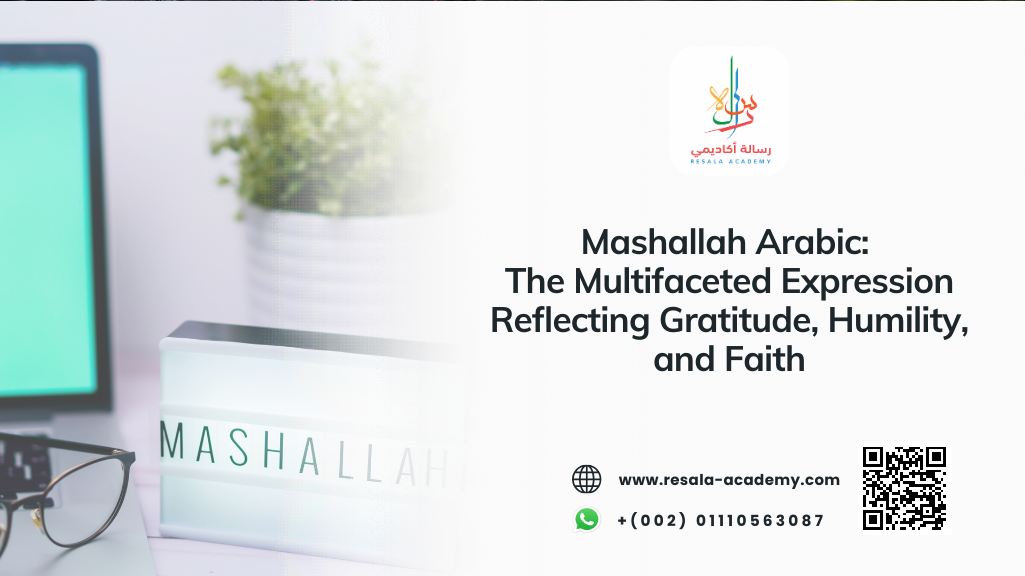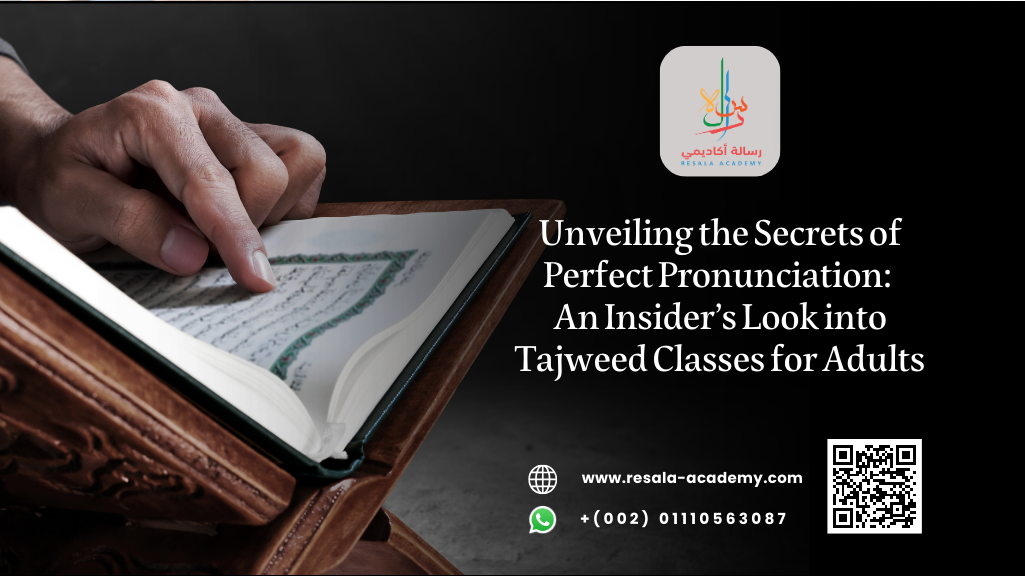Table of Contents
Mashallah Arabic: The Multifaceted Expression Reflecting Gratitude, Humility, and Faith
Are you familiar with the enchanting expression “Mashallah Arabic”? This beautiful phrase holds a wealth of meaning and cultural significance within the Arabic language. From expressing gratitude to showcasing humility and faith, Mashallah is truly multifaceted in its interpretations.
In this blog post, we will dive into the origins of Mashallah, explore its different uses and meanings, understand its pronunciation and cultural importance, as well as discover how it is depicted in Islamic art.
Additionally, we will delve into how Mashallah transcends language barriers and resonates across various cultures. So buckle up for an enlightening journey through the world of Mashallah Arabic!
Etymology and Origins of Mashallah Arabic
The phrase “Mashallah” has its roots deeply embedded in the Arabic language. Derived from two separate words, “Ma” meaning “what” and “Shaa Allah” meaning “willed by God,” Mashallah is a powerful expression that combines gratitude, admiration, and recognition of divine intervention.
Etymologically speaking, the word Mashallah can be traced back to Islamic teachings and has been used for centuries as a way to acknowledge blessings or good fortune while attributing them to the will of Allah. It reflects an understanding that everything happens according to God’s plan.
With its origins in Islam, Mashallah holds immense religious significance for Muslims worldwide. Not only is it utilized as an expression of appreciation for someone’s achievements or positive circumstances but also serves as a protective measure against envy or evil eye. By saying Mashallah, believers seek protection from any potential harm that might arise due to jealousy or ill intentions.
Over time, this beautiful phrase has transcended religious boundaries and become ingrained in various cultures beyond Islam. It has found its way into everyday conversations among Arabic speakers and even non-Arabic communities who have come to appreciate its profound message of humility and gratitude.
Throughout history, Mashallah has remained not just a mere utterance but also evolved into exquisite works of art through calligraphy. The intricate designs depicting this phrase are seen adorning mosques, homes, textiles, and pottery – truly showcasing the beauty of Islamic artistry while honoring Allah’s blessings.
The etymology and origins of Mashallah Arabic demonstrate how language can encompass deep spiritual meanings alongside cultural expressions of gratitude and faith. Its rich heritage continues to unite people across different backgrounds through a shared appreciation for life’s blessings bestowed upon us all by the divine will of Allah.
Other Uses and Different Interpretations
– In addition to its traditional meaning of expressing gratitude and acknowledging the blessings from Allah, Mashallah Arabic has various other uses and interpretations. Here are some interesting ways in which this versatile expression is used:
1. Protective Charm:
Mashallah is often used as a protective charm to ward off the evil eye or any negative energy that may harm a person or their belongings. It is believed that uttering Mashallah can help prevent envy and protect against misfortune.
2. Complimenting Someone’s Achievement:
When someone achieves something remarkable or displays exceptional talent, saying Mashallah is a way of acknowledging their success while also attributing it to the blessings bestowed upon them by Allah.
3. Expressing Amazement:
If you come across something awe-inspiring, whether it be a beautiful sunset or an extraordinary work of art, using Mashallah conveys your sense of wonderment and appreciation for the divine beauty present in the world.
4. Praising Children:
Parents often use Mashallah when praising their children’s accomplishments or good behavior. By doing so, they remind themselves and others that their child’s positive attributes are gifts from Allah.
These different interpretations highlight how versatile and deeply rooted in faith Mashallah Arabic truly is. It serves as more than just a phrase; it symbolizes humility, gratitude, protection, amazement, and acknowledgment of divine intervention in our lives.
Understanding the Arabic Pronunciation and Meaning
The word “Mashallah” holds great significance in Arabic culture, and understanding its pronunciation and meaning can help us appreciate its depth even more.
In terms of pronunciation, “Mashallah” is pronounced as ma-sha-Allah with emphasis on the second syllable. The “sh” sound is similar to that of the English word “sheep.” It’s important to note that the correct intonation adds a touch of respect when saying this phrase.
When it comes to meaning, “Mashallah” is a powerful expression used to acknowledge and praise something good or beautiful. It reflects gratitude towards Allah for his blessings while also recognizing that all goodness ultimately comes from Him. Moreover, it serves as protection against envy or evil eye by seeking Allah’s blessing over what has been praised.
This simple yet profound phrase encapsulates humility, gratitude, faith, and protection in just two words. Its beauty lies in its multifaceted meanings which resonate deeply within Arab communities around the world.
Delving into the pronunciation and meaning of Mashallah allows us to truly grasp its essence as an expression of appreciation for God’s blessings while also acknowledging His power and protection over them.
So next time you say Mashallah, remember its significance beyond just words – it represents a heartfelt connection between humanity and divinity
Cultural Significance of Mashallah
– Mashallah holds great cultural significance in Arabic-speaking communities and is deeply rooted in their traditions and beliefs.
– It is commonly used as an expression of gratitude, humility, and faith. Here are some key points to understand its cultural significance:
1. Protection against envy:
Arabs believe that uttering Mashallah when praising someone or admiring something helps protect them from the evil eye or envy.
2. Acknowledgment of blessings:
Saying Mashallah serves as a reminder to appreciate the blessings bestowed upon us by God and not take them for granted.
3. Respect for divine power:
By saying Mashallah, individuals acknowledge that all achievements, talents, and successes come from Allah’s grace rather than personal merit alone.
4. Promotes modesty:
The frequent use of Mashallah encourages people to remain humble and attribute their accomplishments to God’s will instead of boasting about themselves.
– The cultural significance of Mashallah extends beyond verbal communication; it often appears on decorative items such as jewelry, clothing, home decor, and even digital expressions like social media posts.
In conclusion, Mashallah plays a pivotal role in Arab culture, symbolizing gratitude towards Allah for blessings received while promoting humility among individuals. Its use goes beyond words into various aspects of daily life through art forms such as calligraphy and visual representations of different objects.
Understanding the cultural importance of this multifaceted expression enriches our knowledge of Arabic traditions and fosters respect for diverse cultures worldwide.
Mashallah in Islamic Art and Calligraphy
Islamic art and calligraphy have always held a significant place in Muslim culture, and Mashallah is no exception. This powerful expression of gratitude, humility, and faith has been beautifully incorporated into various forms of artistic expression.
In Islamic art, Mashallah is often featured prominently as a decorative element. It can be found adorning mosques, homes, textiles, ceramics, and even jewelry. Artists skillfully incorporate the Arabic script into intricate patterns and designs that highlight the beauty and meaning of Mashallah.
Calligraphy plays a crucial role in showcasing the elegance of Mashallah. Talented calligraphers carefully craft each letter with precision to create stunning compositions that capture the essence of this phrase. From classic styles like Thuluth or Naskh to contemporary interpretations, calligraphy brings an artistic flair to Mashallah.
The use of color adds another dimension to Islamic art featuring Mashallah. Vibrant hues are often employed to evoke emotions such as joy or reverence associated with expressing gratitude for blessings received from Allah (SWT). The combination of exquisite artwork and vibrant colors creates visually captivating pieces that convey deep spiritual meanings.
Through Islamic art and calligraphy, artists bring forth not only the visual beauty but also the profound significance behind the word “Mashallah.” These creations serve as reminders for Muslims to appreciate Allah’s blessings while fostering a sense of devotion and connection with their faith. They stand as testaments to the rich cultural heritage deeply rooted in Islam’s teachings on humility and gratitude.
Exploring Mashallah in Different Languages
Exploring Mashallah in Different Languages:
– Arabic: The word “Mashallah” originated from the Arabic language and is widely used by Muslims around the world. It is pronounced as “ma-sha-Allah” with emphasis on each syllable.
– Turkish: In Turkish, “Mashallah” translates to “MaşaAllah”. Despite some pronunciation differences, it holds the same meaning of expressing awe or admiration for something.
– Persian: In Persian, “Mashallah” is written as “ماشاءالله”, pronounced as “mā shā Allāh”. It carries a similar connotation of expressing astonishment or acknowledging God’s blessings.
– Urdu/Hindi: In Urdu and Hindi, “Mashallah” is spelled and pronounced similarly. It denotes appreciation or admiration for someone’s achievements or beauty.
In all these languages, Mashallah serves as an expression of gratitude towards Allah for His blessings. Its universal usage reflects how people from different cultures acknowledge and appreciate God’s providence in their lives.
Note that while Mashallah may be transliterated differently across various languages, its essence remains intact – conveying humility and gratitude towards a higher power. This demonstrates the universality of faith among diverse communities worldwide.
As we delve into different languages’ usage of Mashallah, we witness both cultural diversity and unity through this powerful expression that transcends linguistic barriers.
Whether spoken in Arabic, Turkish, Persian, or Urdu/Hindi – the sentiment behind Mashallah remains consistently rooted in gratitude and reverence for what Allah has bestowed upon us.
Resala Academy Offers Online Islamic Studies Course
Are you looking to deepen your knowledge of Islam and expand your understanding of its teachings? Look no further than Resala Academy, which offers a comprehensive online Islamic studies course. This esteemed academy is dedicated to providing high-quality education on various aspects of religion, catering to both beginners and those with prior knowledge.
At Resala Academy, you can expect a curriculum that covers a wide range of topics including Quranic studies, Hadith sciences, fiqh (Islamic jurisprudence), tafsir (interpretation), seerah (biography of Prophet Muhammad), and much more. The courses are designed by experienced scholars who have in-depth knowledge in their respective fields.
One of the advantages of choosing the online platform offered by Resala Academy is flexibility. You can learn at your own pace from anywhere in the world without compromising on the quality or authenticity of the material presented. Whether you are a student, professional, or simply someone eager to enhance your understanding of Islam, this course offers an excellent opportunity for growth.
Enrolling in the online Islamic studies course at Resala Academy not only allows you to gain valuable insights into Islam but also connects you with a global community seeking similar knowledge. Through discussion forums and interactive sessions with instructors and fellow students, you have ample opportunities for engagement and collaboration.
Expand your horizons and embark on this enriching journey through Resala Academy’s online Islamic studies course today! Enhance your understanding and appreciation for Islam while benefiting from expert guidance – all from the comfort of your own home. Take advantage now!
FAQs
1. What does Mashallah mean?
Mashallah is an Arabic phrase that translates to “God has willed it” or “as God has willed.” It is a common expression used by Muslims to express gratitude, humility, and faith in the will of Allah. The phrase is often used when acknowledging or praising something good or beautiful.
2. How do you pronounce Mashallah?
The pronunciation of Mashallah can vary slightly depending on regional accents, but generally, it is pronounced as “ma-sha-Allah.” The first syllable “ma” sounds like the word “mud,” followed by “sha” which rhymes with the word “bought,” and finally ending with “Allah,” which rhymes with the word “holla.”
3. Is Mashallah only used by Muslims?
While Mashallah holds deep significance in Islamic culture and expressions of faith, it can be appreciated and used by people from various cultural backgrounds and religions. It serves as a universal way to acknowledge blessings and show appreciation for something good.
4. Can I use different variations of Mashallah?
Yes! There are variations of this expression across different languages that share similar meanings such as Masha’Allah (used widely among Arab-speaking communities), InshAllah (meaning God willing), Alhamdulillah (praise be to Allah), etc. These phrases may have slight nuances in their usage but all convey expressions of gratitude, humility, and reliance on Allah’s will.
Conclusion
Mashallah Arabic is a multifaceted expression that carries deep cultural and religious significance. Its origins can be traced back to the Islamic tradition, where it has been used for centuries as a way to express gratitude, humility, and faith. Whether spoken or written, mashallah serves as a reminder of our dependence on a higher power and our appreciation for the blessings in our lives.
Throughout history, mashallah has found its place not only in everyday conversations but also in Islamic art and calligraphy. Its elegant script adorns mosques, Qur’ans, and other religious texts, serving as a visual representation of devotion and reverence.
The beauty of mashallah lies not only in its meaning but also in its ability to transcend language barriers. While originating from Arabic, this powerful expression has made its way into different languages around the world. Regardless of the language spoken or written, mashallah continues to evoke feelings of admiration and acknowledgment.
For those interested in delving deeper into Islamic studies or wanting to gain more insights into expressions like mashallah Arabic, Resala Academy offers an excellent online course on Islamic studies. This comprehensive course covers various aspects of Islam including theology, history, Quranic studies, and much more.
In conclusion, mashallah Arabic holds immense value within Muslim communities worldwide. It serves as a reminder of our connection with God’s blessings while reinforcing important virtues such as gratitude and humility. As we continue to appreciate the beauty behind this expression across cultures and languages alike let us remember its true essence – acknowledging Allah’s grace upon us all!




